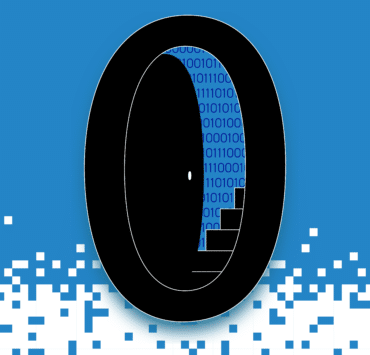|
Getting your Trinity Audio player ready... |
“To achieve long-term success [from an HR perspective], you have to be able to have an environment, where yes, you’re producing results, but in a way that’s flexible and fair and concerned about the welfare of your people,” says Jim Minogue, chief human resources officer at Mizuho Americas on his management of his team during the COVID-19 pandemic. “The last eighteen months have really been an example of what we can accomplish when we put our minds to it.”
Minogue recalls, “I was at the job two months when we were all sent home. Thankfully, my experience with transition and ability to be flexible was able to help the firm that I’d just gotten to know transition to this period.”
Minogue explains that his background in HR, which spans a broad spectrum of roles and industries, contributes to his ability to be flexible. “I’ve had global roles, regional roles, and functional roles. My HR knowledge is pretty extensive,” he says.
“I went through two phases of my career,” Minogue adds. “The first was very technically oriented—I ran comp, recruiting, training. I have a deep knowledge in the disciplines of HR. The second phase of my career was really talent management, the more advanced side of human resources, such as succession planning and organizational development.”
Some of his experience extends beyond his time in HR. “When you’ve been around long enough, you’ve been through many different world events and national events,” he says. One of the ways that he has led companies through these massive transitions is by relying on his ability to pivot and remain flexible and strong in the face of major events.

For example, Minogue was the HR global head at Brown Brothers Harriman when September 11 happened. “Our ability to keep our people safe and secure during those periods of time—being able to conduct business and making sure our environment was safe—was very critical,” he emphasizes.
Minogue describes managing Mizuho’s transition during the COVID-19 pandemic as “an incredible undertaking,” but he credits the company’s commitment to flexibility from senior management, frequent communication, tested processes, and programming as a team to make the adjustment. His contribution as a leader was done by taking the “extra steps.” He adds that to be a successful leader during a time of this type of transition demands “positively taking steps to show people that you care.”
Taking these steps requires credibility that you gain through experience and going the extra mile to ensure that people can rely on you as a leader. “Credibility is important when it comes to being courageous,” Minogue says. “You have to lead in a positive and forward-looking way. Have the courage to advocate a solution for an organization, which a lot of times the organization may not know it needs. But if you have the credibility and courage to present that solution, that’s so much more effective than if you just throw out those ideas.”
To create these solutions, especially during transitionary times, he says that he wakes up with the thought process of, “What can I do today that will make the environment better for people in HR and the firm as a whole?”
For Minogue, one way to improve the organization is by bringing forward diversity, equity, and inclusion (DEI) initiatives. “I’ve been a big, big champion of diversity and inclusion for a long, long time, probably before they called it diversity and inclusion,” he says. “What [Mizuho] is trying to do, is build a diversity and inclusion initiative from two perspectives. One is from a strategic perspective, and one is a strategic form of grassroots.”
“Have the courage to develop a solution for an organization, which a lot of times the organization may not know what it needs. But if you have the credibility and courage to present that solution, that’s so much more effective than if you just throw out those ideas.”
Jim Minogue
To support Mizuho’s DEI efforts, Minogue and his team to have reorganized the company’s employee resource groups. He has also presented both diversity and career development strategies. However, the grassroots initiative is one that Minogue says is “unique.” He says, “We’re holding diversity dialogues to really increase sensitivity to what our colleagues of color are going through in day-to-day situations.”
Minogue states that the diversity dialogues have been very impactful. “When a colleague gets up and tells a very personal story—that has a much different impact on you than reading it in the paper. Believe, me it does.”
These types of initiatives also help establish the company’s set of values, which is a primary tenet of leading a company from an HR perspective. “If you understand those [values], then that gets you well on the way to get you to achieve. I’m really reflecting on the last eighteen months that have really highlighted what can be done and what can’t be done in the direst of circumstances.”

